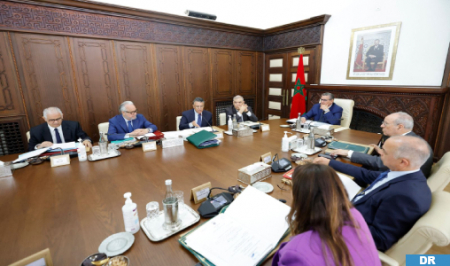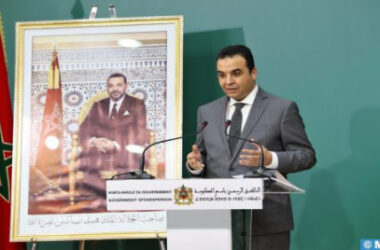This bill is designed to keep pace with global developments in public rights and freedoms, by introducing alternatives to short-term custodial sentences, but also to limit their negative effects and encourage the qualification of the beneficiaries of these alternative sentences and their integration into society, the aim being to help reduce prison overcrowding and rationalize costs, said the Minister Delegate for Relations with Parliament, Government Spokesman Mustapha Baitas, during a press briefing at the end of the Council.
He pointed out that the bill includes objective provisions, in line with the general principles contained in the Code of Criminal Procedure, as well as other formal provisions relating to the execution of sentences, in accordance with the rules of criminal procedure.
This bill provides for a series of alternative sentences adopted after studying several comparative experiences, while taking into consideration the specificities of Moroccan society, so that they are effective and applicable and can achieve the desired objective, explained the Minister, specifying that this text of law excludes alternative sentences for serious crimes as well as for cases of recidivism.
Baitas pointed out that the bill distinguishes between three types of alternative penalties, namely the performance of community service, electronic surveillance and the restriction of certain rights with the imposition of control, treatment or qualification measures.










